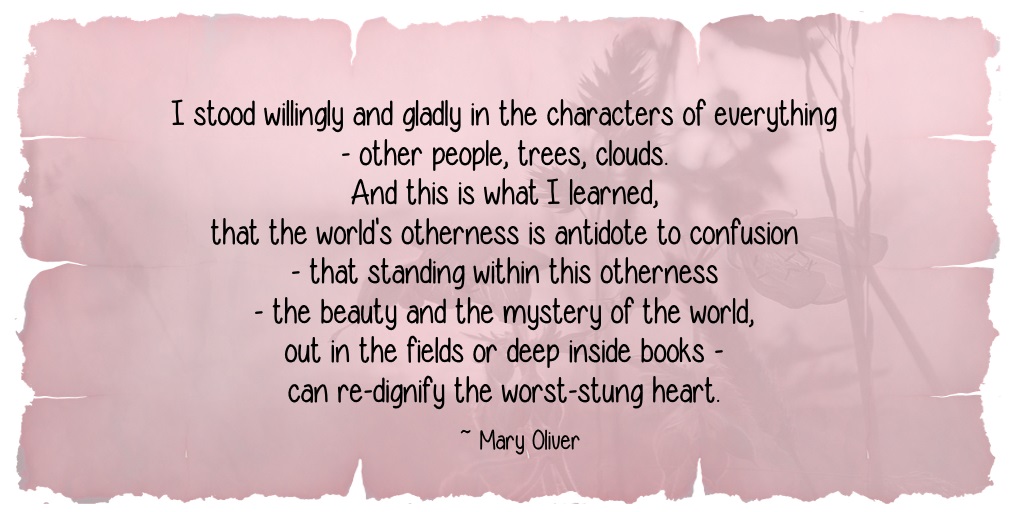If you’re not afraid, it’s not your edge. If you’re not resistant, it’s not your edge. If you can coast through it, it’s not your edge.
If you’re not feeling raw, it’s not your edge. If you’re trying to fit yourself into a cognitive framework, it’s not your edge. If you think you’ve got it figured out, it’s not your edge.
If you leap too soon, you’ll bounce back to your old ways before long; and if you wait too long to leap, you’ll remain bound to your old ways after the novelty of seeing different ground has worn thin. Going to your edge is not a one-time activity; it’s a way of being.
If you’re clinging to complication, ricocheting between perspectives, it’s not your edge. If you’re clinging to easy answers, it’s not your edge. If you’re settling for crumbs, it’s not your edge.
If you’re being seduced by hope, it’s not your edge. If you’re making explanation more central than revelation, it’s not your edge. If you’re overthinking this, it’s not your edge.
If you’re trying to make it all make sense, it’s not your edge. If you’re clinging to despair, it’s not your edge. If you’re remaining intact, it’s not your edge. If it doesn’t peel back your eyelids, it’s not your edge.
If you’re handing your inner critic a megaphone and an uncritical ear, you’ll approach your edge only partially, sideways, half-heartedly. If you’re fusing with your inner child, your approach to your edge will slow to a crawl, and then a standstill. If you look as you leap and leap as you look, your edge no longer will be ahead of you, but a deepening plunge into an unmapped, fully alive now.
If you keep shelving your invitation to your edge, you run the risk of dying before you truly live, of settling for a meager portion when the feast is not out of reach. If you allow self-sabotage to dethrone you, your edge will be reduced to a postcard you occasionally mail to yourself.
Your edge is where you are most alive, most challenged, most broken open, most in touch with what you were born to stretch into. Your edge may not be a precipice, but it is a naturally precarious place until you learn to homestead there, no longer turning impermanence into a problem or inconvenience.
If it’s easy, it’s not your edge. If it doesn’t call for the very best from you, it’s not your edge. If it doesn’t seize your heart and ignite your belly, it’s not your edge.
If it remains conceptual, it’s not your edge. If it gets bogged down in emotion, it’s not your edge. If it values the spiritual over the personal, it’s not your edge.
Going to our edge uproots us until we find truer ground. It shakes and quakes us, stripping us of our lethargy, reluctance, and bypassing. It is rough grace unbraked, at once undoing and reforming us, without our usual input.
Going to our edge is a risk; not going to our edge is a bigger risk. Listen very closely — do you not detect the pull, however subtle, of your edge? And do you not also feel a response, however slight, to this, regardless of the hubbub of the rest of your life?
Your edge, as always, awaits you. Now.
